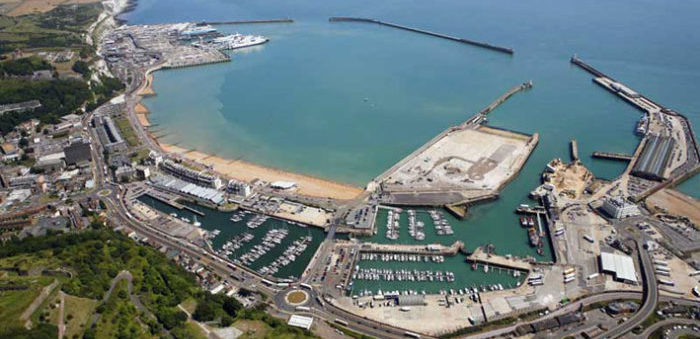Transport companies are being called to bid in order to provide extra freight capacity in case of a no-deal Brexit on 31 October. The ferry procurement process as the UK was preparing to leave the EU on 29 March, costed taxpayers over £85m.
Included in the costs was a £34m in a settlement and legal fees with Eurotunnel. What is more, the UK will not commit to acquiring extra capacity but would have options to do so if necessary.
Previously, the government had granted Seaborne Freight, DFDS and Brittany Ferries contracts worth of over £100m. However, all of them were cancelled. In addition, Transport Secretary Chris Grayling was pressured to resign after he was forced to axe a £13.8m contract with Seaborne Freight, which had no ships or trading history.
[smlsubform prepend=”GET THE SAFETY4SEA IN YOUR INBOX!” showname=false emailtxt=”” emailholder=”Enter your email address” showsubmit=true submittxt=”Submit” jsthanks=false thankyou=”Thank you for subscribing to our mailing list”]
Moreover, all the contracts aiming to offer extra capacity and relieve potential congestion at ports like Dover, were awarded without a full public tender process. This led to legal action from Eurotunnel.
Furthermore, the UK had to pay more than £51m to cancel agreements with DFDS and Brittany Ferries, while the UK was asking the EU to extend the withdrawal process meaning, so as not to leave on 29 March.
As source, report, this time, the Department for Transport will conduct an open process, calling for bids from all ‘suitably qualified freight operators.’
According to, BBC business correspondent Joe Miller, Eurotunnel will be able to bid this time, while Seaborne Freight will not. As for Britanny Ferries, the company will consider what capacity it could offer the government.






























































